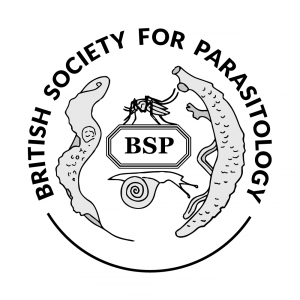News
New partnership with Elsevier

Early-career perspectives in NTDs: in conversation with Dr. Fatima Elbasri
At the British Society for Parasitology, we believe the field advances most effectively when global voices come together to share knowledge, experience, and innovation. In that spirit, we are launching a new interview series in which our International Representative hosts conversations with parasitologists from around the world.
We are joined by Dr. Fatima Elbasri, a Sudanese physician with a growing focus on neglected tropical diseases. She shares her journey as a young NTD advocate and offers reflections and advice for early-career researchers in low- and middle-income countries.
Join your BSP Council!

The Council of the British Society for Parasitology seeks new members due to current members reaching the end of their term. Applicants from all career stages of our community are welcomed. We are a diverse and multicultural society, dedicated to inclusion and seek a council whose composition represents our membership. As such, we particularly welcome applications from those sections of our membership that are currently under-represented on council.
Please contact the Honorary General Secretary Martin Llewellyn hongensec@bsp.uk.net if you are interested in applying.
